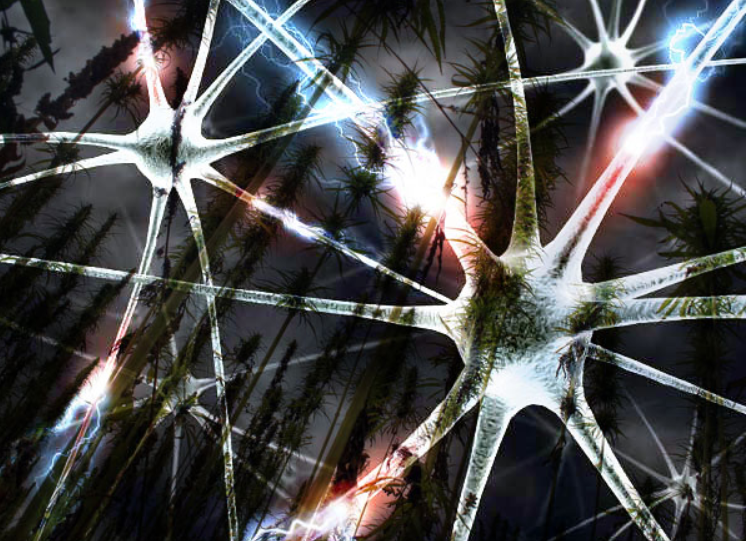How Marijuana Impacts Memory: The Role of Glial Cells
Getting mice high can actually lead to important scientific discoveries. A study published in the journal Cell in March shows how marijuana impairs short-term memory, which we use to store and process thoughts. The classic example is someone losing their train of thought in the middle of a sentence after using marijuana.
To pinpoint exactly how marijuana affects short-term memory, Giovanni Marsicano from the University of Bordeaux (France) and his colleagues removed cannabinoid receptors from mice, according to Ruth Williams of Scientific American. These receptors are proteins that respond to THC (tetrahydrocannabinol), the main psychoactive ingredient in marijuana.
Mice whose neurons lacked cannabinoid receptors showed the same memory impairment as mice given THC; both groups performed similarly in a test where they had to remember the location of a hidden platform in a pool of water. However, when cannabinoid receptors were removed specifically from astrocytes—cells that are part of glial tissue—the mice were able to find the platform without any problems, even under the influence of THC.
The study found that astrocytes play a leading role in short-term memory, suggesting that the importance of glial cells in mental activity has been underestimated. Glial cells were previously thought to act mainly as a kind of “glue” holding neurons together.
While recent research has shown that glial cells are involved in many unconscious processes and diseases, this study is one of the first to report that glia play a significant role in consciousness and thinking. “It’s very likely that astrocytes have many more functions than we thought,” says Marsicano. “Now their role in cognitive ability is confirmed.”
Since THC’s pain-relieving properties appear to be based on its action on neurons—unlike its effect on short-term memory—there is now a theoretical basis for developing THC-like drugs that target only neurons. If glial cells remain unaffected, it may be possible to relieve pain without impairing the memory of patients concerned about their cognitive abilities.



